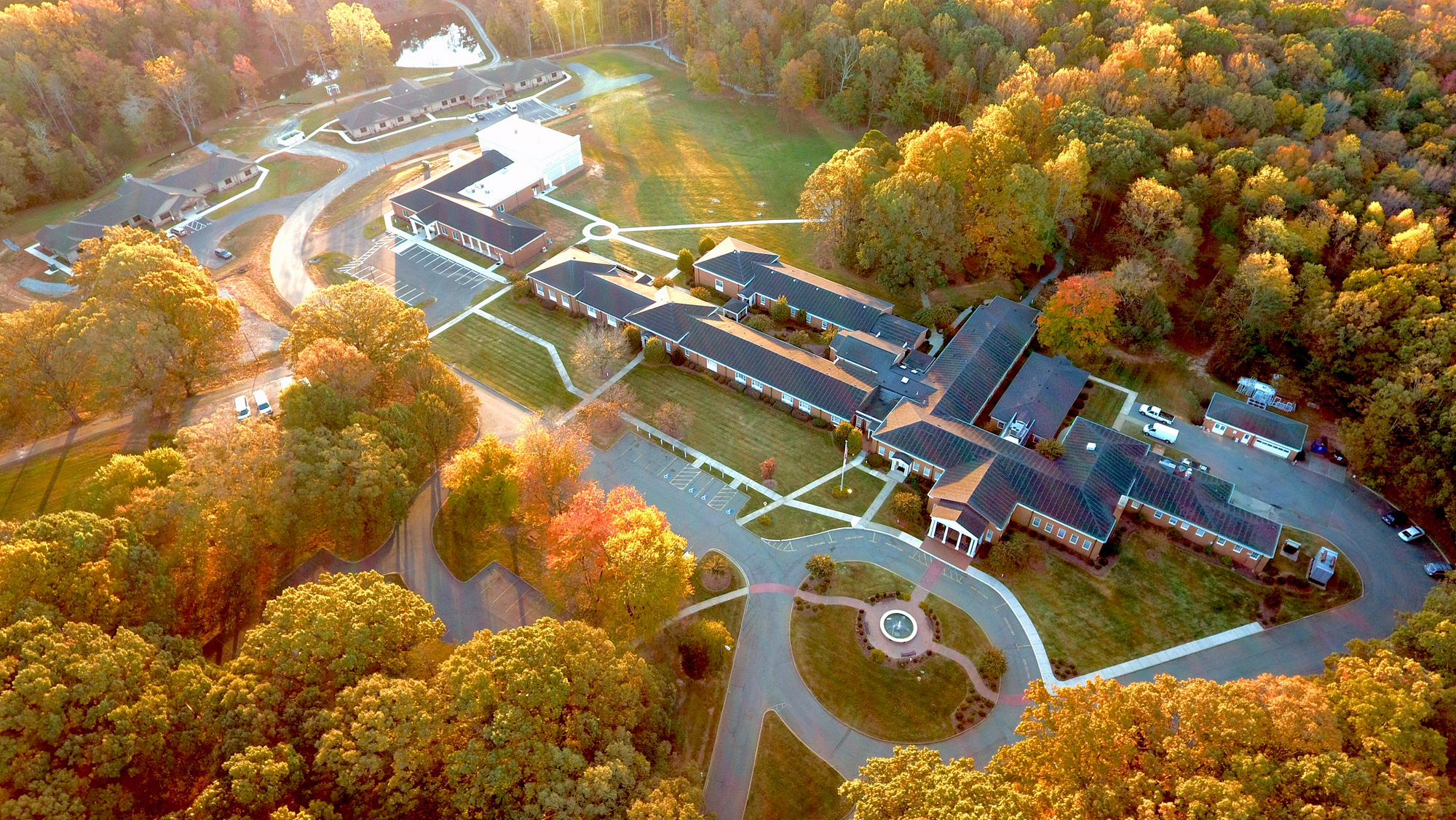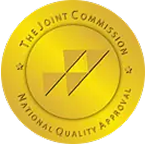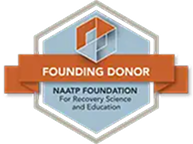Alcoholics Anonymous (AA) has helped millions of people worldwide find recovery from their alcoholism, providing a guiding structure through its 12 Steps. But beyond the Steps, another critical aspect of AA’s success is its 12 Traditions, which serve as the foundation for how the organization functions as a whole. At
Getting sober is one of the greatest things you can do for yourself and your well-being. It’s incredibly brave and takes great courage to not only recognize that you have a problem, but to decide to get help for yourself and others in your life. It should be applauded and
The drug epidemic has long been a problem in America, especially amongst lower socioeconomic classes in major cities. However, there’s one dangerous drug that has exploded onto the stage, wreaking havoc on the public when used improperly. That drug is fentanyl. The dangers of fentanyl cannot be understated. While it’s
Remember to fan the flames of your recovery, as a fire left untended will go out! We are taught in recovery that it is dangerous to believe what we did yesterday will be enough to keep us sober tomorrow. Recovered alcoholics and addicts throughout history have demonstrated that the foundation
Choosing Joy: Tips to Achieve Happiness After Drug or Alcohol Addiction
Category: Blog, Lifestyle, Mental Health, Recovery
Happiness can feel elusive, determined by what’s happening (or not happening) right now. Joy, on the other hand, is a sense of contentment one feels regardless of the current situation. It is not altered by external factors. You don’t have to wait until the trouble is over to be filled
Young and cheerful friends sitting and fry marshmallows near bonfire at night time on the nature Every one of us goes through times where we feel bogged down by negative emotions, triggered by traumatic or stressful events, and just generally at the end of our ropes. All this negativity can
Around this time of year, love is in the air and people everywhere are ready to celebrate that love with the ones closest to them. Sounds perfect, right? Well, if you don’t have that special someone to share the holiday with this year, you may not be feeling like celebrating.
Hands holding binoculars on green background, looking through binoculars, journey, find and search concept. Protecting your recovery at all costs must be emphasized at all stages of recovery. Relapse starts well before a person picks up using a drink or a drug, so developing insight into your relapse triggers is
Why can’t they hear anything I say? How to overcome the challenges of communicating with a loved one struggling with addiction Communicating with someone you love is not always easy. Too often, conversations end with disagreements, misunderstandings and even broken relationships. If you are struggling to communicate with a
Elderly senior person or grandparent’s hands with red heart in support of nursing family caregiver for national hospice palliative care and family caregivers month concept Enabling and caregiving both involve a strong desire to love, help and nurture another person. These desires are amplified, often with a sense urgency and







